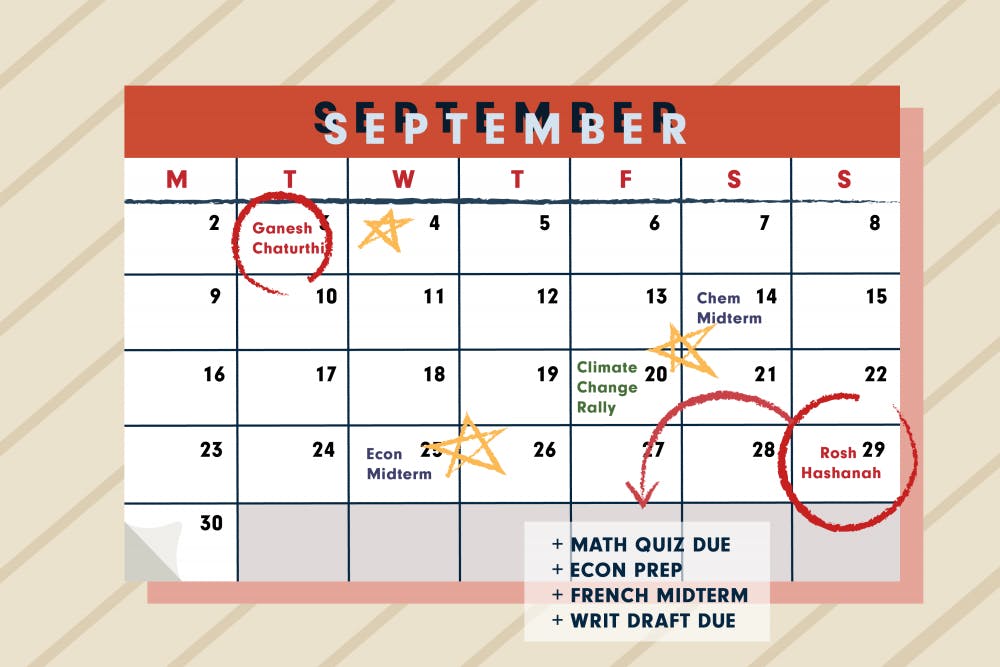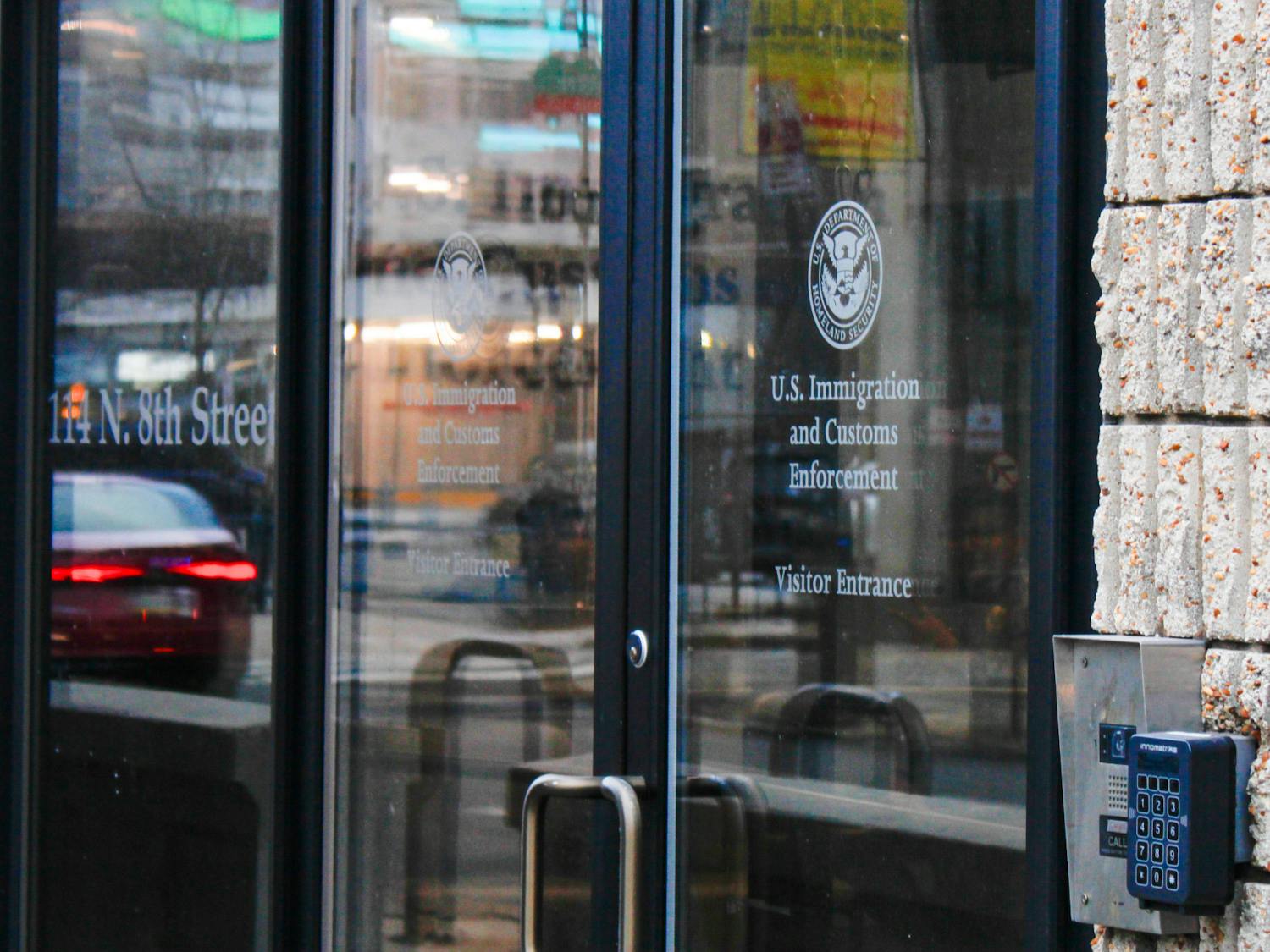The Jewish High Holidays of Rosh Hashanah and Yom Kippur are approaching, and scheduling examinations on days of religious or secular observance is explicitly prohibited by Penn policy. But that policy is not always enforced, leading some professors to schedule examinations and major assignments on days when observant students will not be present.
While the University's policy is a good one, Penn must make a concerted effort to enforce it this year, when the holidays take place later in the semester and midterm season is right around the corner.
Properly implemented, the policy on secular and religious holidays will affirm Penn’s goals of inclusion and community. It will also ensure that students of all religions can observe holidays fully, rather than forcing them to choose between free expression of their beliefs and their grades.
Penn’s current policy is supportive of students, but unenforced it is ineffective. The policy states that for Christmas, Rosh Hashanah, Yom Kippur, the first two days of Passover, and Good Friday, in “consideration of their significance for many students, no examinations may be given and no assigned work may be required on these days.”
Some professors under the current system who fail to abide by the University’s policies are relatively flexible with students who have religious conflicts with exams or other important assignments, including scheduling makeup exams. But observant students shouldn’t be expected to make sure that the makeup exam doesn’t conflict with other classes or obligations. It also should not be the responsibility of students to police their own professors.
Professors must anticipate these holidays, the dates of which are available far in advance when semester-long schedules are being made. If Penn administrators and departments inspected and adjusted syllabi earlier, it would be easier for students who want to observe holidays not currently protected under the policy to request special exemptions or better plan their schedules. This means that clear and direct policy implementation would not only benefit professors, but would also streamline the process for students of any religion.
Penn students suffer from the lack of enforcement of Penn’s policy regarding observation of religious and secular holidays. It should be on the University to communicate to professors the importance of respecting religious observance. Professors must schedule their courses in a way that is respectful to their students, and allow a streamlined process for students of all religions to reschedule any work which may conflict with their beliefs or practice.
Editorials represent the majority view of members of The Daily Pennsylvanian, Inc. Editorial Board, which meets regularly to discuss issues relevant to Penn's campus. Participants in these meetings are not involved in the reporting of articles on related topics.
SEE MORE FROM THE DAILY PENNSYLVANIAN EDITORIAL BOARD:
Philadelphia schools must encourage student activism, not punish activists
SEE MORE FROM THE DAILY PENNSYLVANIAN EDITORIAL BOARD:
Philadelphia schools must encourage student activism, not punish activists









